
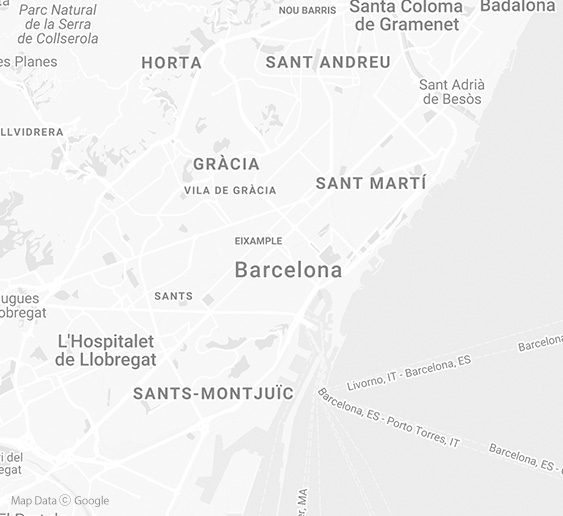
Irene and Aleix say they are lucky anyway. They managed to rent a flat at a fair price. It is located on the outskirts of Barcelona and that is why it is not expensive so they can live alone. It is important because they are expecting a child.
- However, friends at our age are in more difficult situation. Many of them - in their twenties or thirties - have to rent apartments with few other people, because they cannot afford to pay a high rent. We were lucky to rent a flat from a friend who offered us a fair price - explains Irene, who works for a publishing house as an editor and is in the fifth month of pregnancy.
Her husband, Aleix, is working on scenarios for games for mobile devices. - Certainly, the high prices of apartments are related to tourism. Many people in Barcelona buy apartments just to rent them to tourists. It's more profitable. Even though we both work, we cannot afford to buy an apartment - he says.
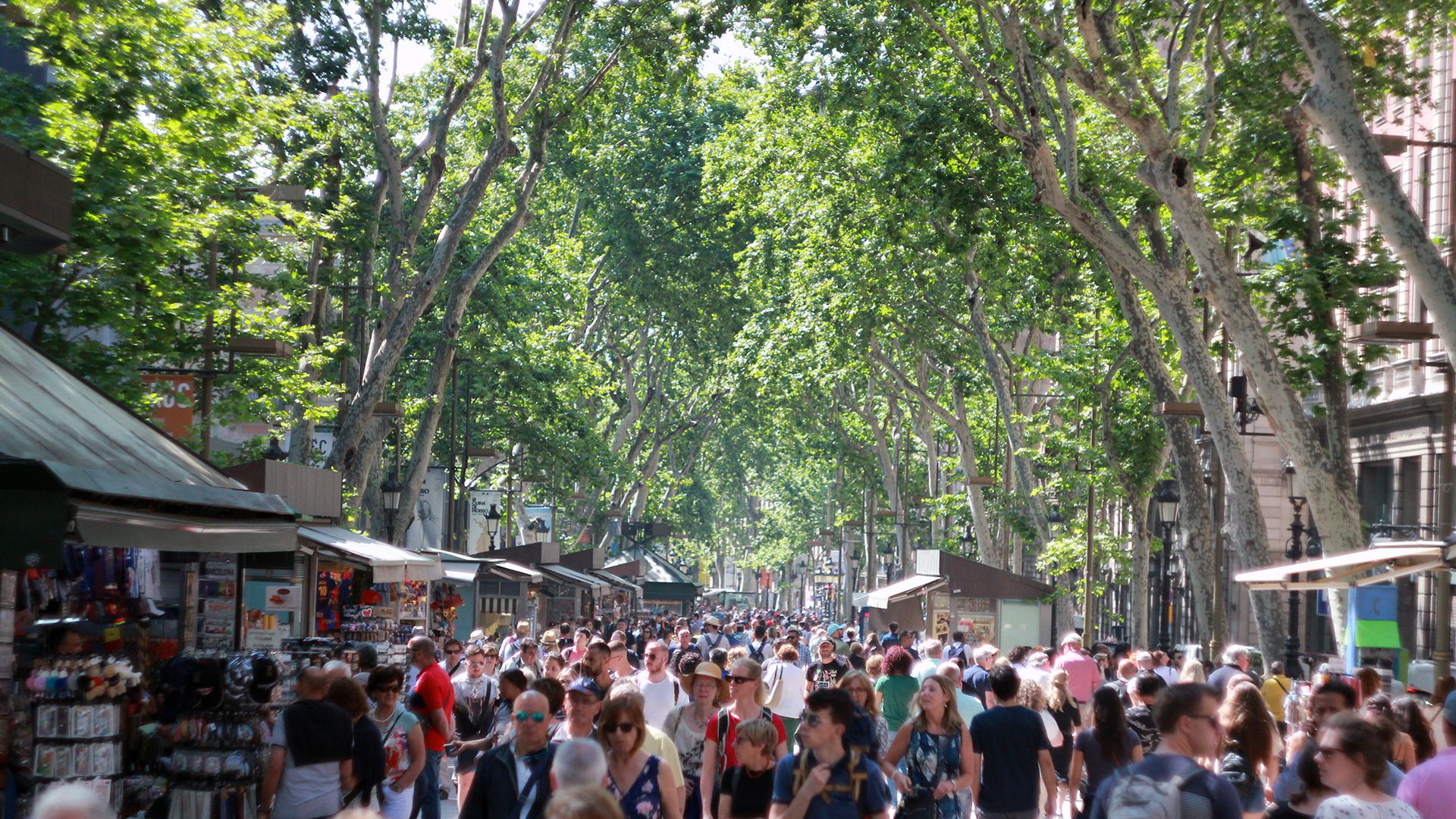
Barcelona is one of the most-visited cities in the world. According to the Barcelona City Hall, 8.9 million tourists visited the city in 2017.
Barcelona's growing popularity as a vacation destination, as well as the investors' interest, mean that real estate prices in the capital of Catalonia are rising again after a few years of the economic crisis (in 2016 by 14.4%). One has to pay even up to 12,000 euro per square meter in the most expensive districts. In one of the cheapest districts, in Raval, you have to pay about 4 to 5 thousand euro per square meter.
The rental prices are also growing. According to Fotocasa, one of the largest real estate web portals in Spain, rental prices increased in Catalonia by 10.3 per cent in 2017. In Barcelona, one has to pay, on average, 15.58 euro per month per square meter. This is the effect of the tourist boom that lasts in Barcelona, and the activities of web platforms such as Airbnb, where people can rent their apartment or a single room to tourists. However, the price increase is also the effect of changes in the mentality of young people. They do not want, and often cannot, take a loan for an apartment, so they decide to rent it.
Another problem is that property owners often decide to rent apartments exclusively for tourists. It forces those who want to rent a flat in Barcelona to search for apartments on the outskirts of the city.
The inhabitants of Barcelona started to complain about the tourists and all the fuss that takes place in the city because of them.
Tourist cities, meeting the needs of the visitors, are changing. They change because of tourists, not necessarily for their residents. Service, shops, and infrastructure begin to operate in order to meet better the expectations of those who visit the city, rather than citizens who live in them permanently. Such a change is called touristification. The effect of touristification is also the disappearance of the authenticity of a particular place.
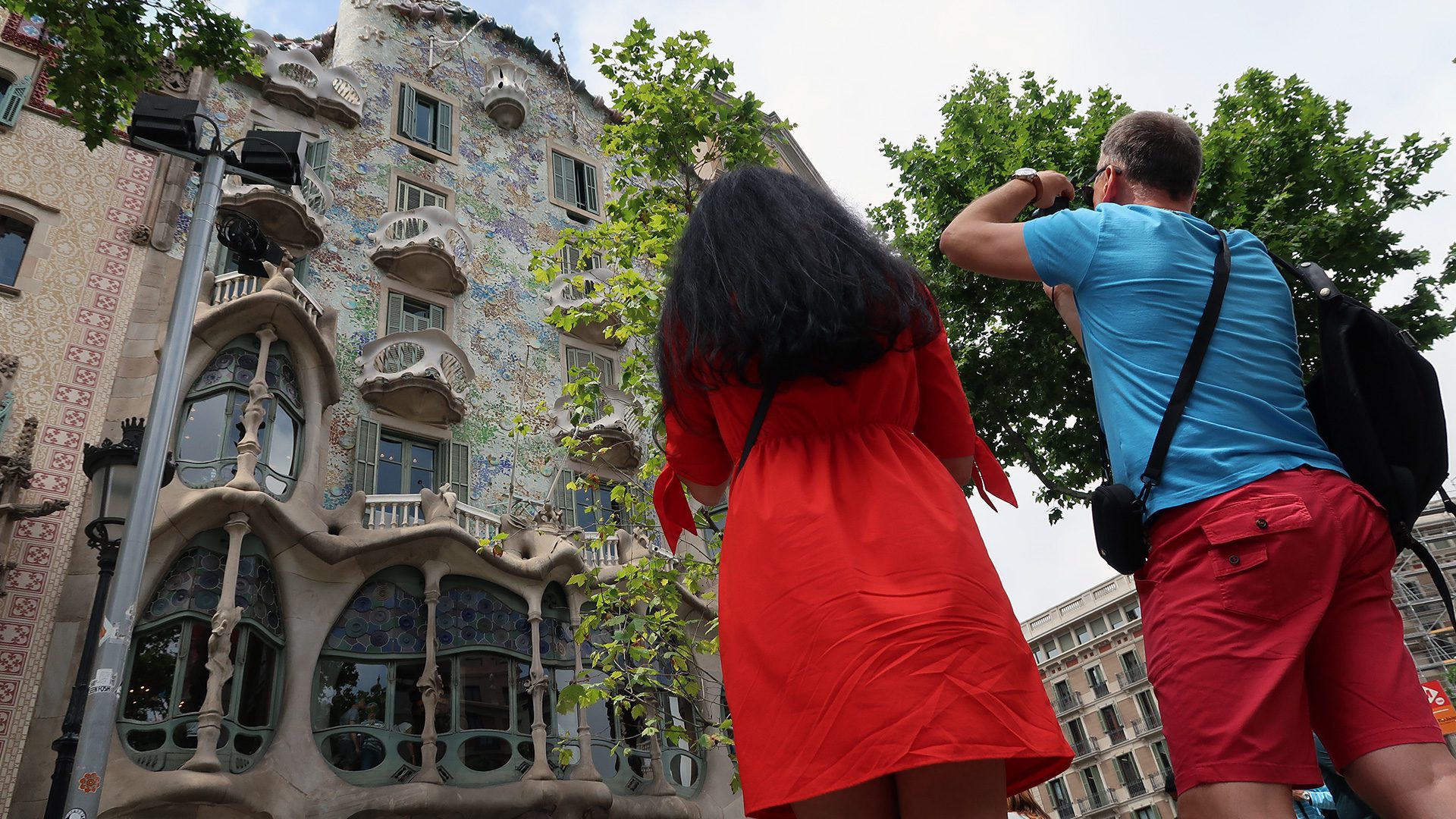
The dissatisfaction of the inhabitants of Barcelona with the increased tourism flows in their city has been growing for years. It reached its peak in the summer of 2017, when the members of Arran, a youth organisation of the radical party Popular Unity Candidacy (CUP), cut tires of one of the tourist buses near the stadium of FC Barcelona and devastated several tourist bicycles a few days later. The campaign against tourists started.
It was then that the writings on the walls and stickers in various parts of the city appeared: “Come back home, you tourists” or “Tourism kills our neighbourhood”. One could read disturbing headlines in the media: “Why do the inhabitants of Barcelona hate tourists?” or “Is Barcelona a safe place for tourists?”
The then Prime Minister of Spain, Mariano Rajoy, explicitly criticised the actions of Arran, saying that “those who attack tourism in Catalonia, show their mental littleness”.
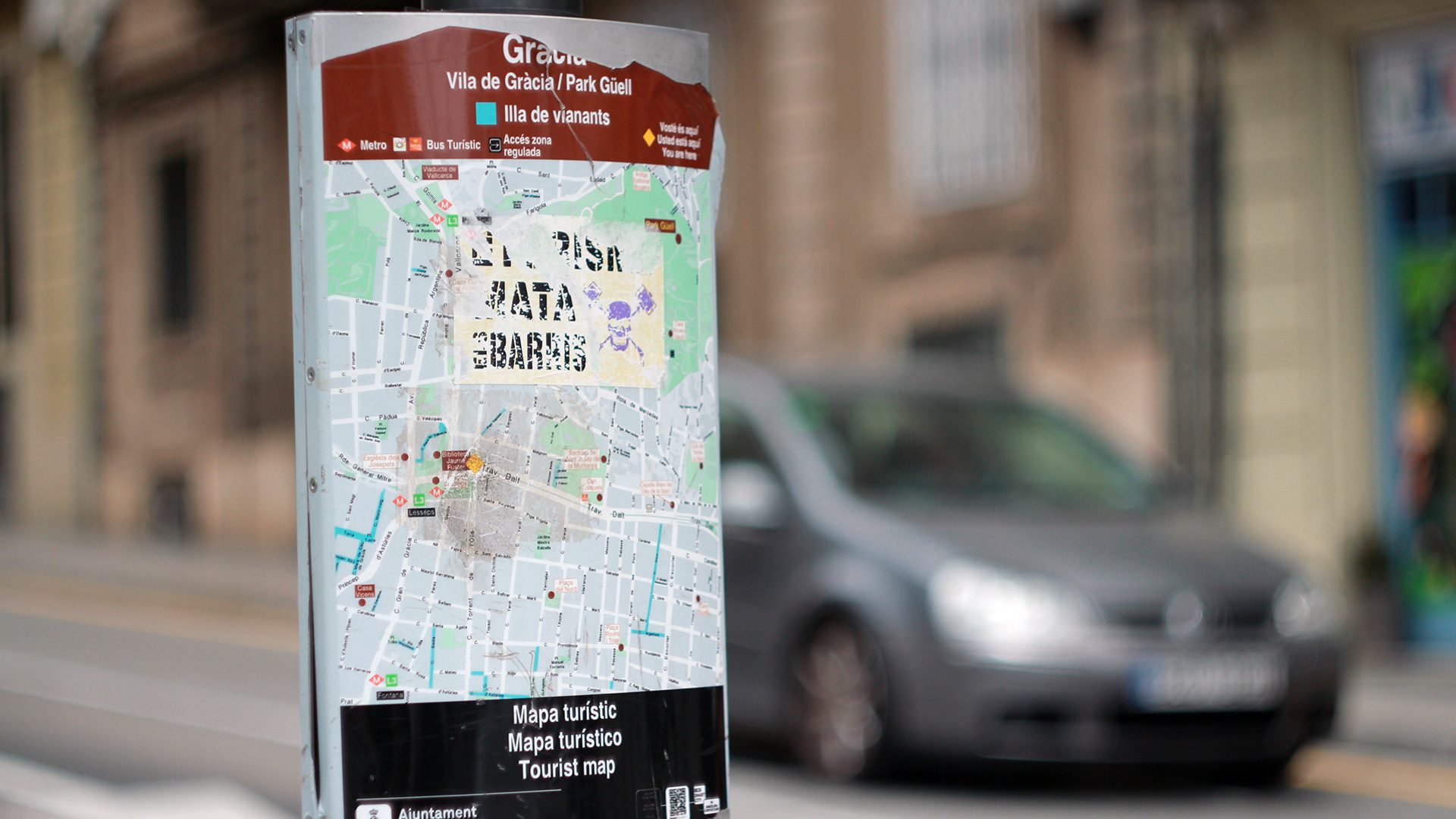
The Barcelona authorities have already taken steps to make the presence of tourists less burdensome for the inhabitants of the Catalan capital. One of the first steps was putting a ban on travelling by public transport without wearing a T-shirt. It was such a common practice among tourists that clear pictograms informing about that ban appeared on city buses.
Since 2016, the authorities have limited the traffic of Segways - a one-person, two-wheeled, electric vehicles, which have become a popular means of transport among tourists. The area around the beach and the Old Town was temporarily closed to traffic. In 2017, the ban on using Segways by organised groups of tourists was introduced.
In 2017, the Barcelona authorities also introduced much more essential regulations, called by press “unprecedented” and “the most drastic”. According to the new rules, the city was divided into four zones. In the first one, including the city centre, the opening of new hotels was banned - even in case of liquidation of existing ones. In the second one, which included areas remote from the centre, a ban on opening new accommodation was also introduced. However, in case of the liquidation of existing ones, the creation of new ones was allowed. In the third zone, including districts distant from the city centre, the possibility of opening new accommodation was allowed. According to the authorities, such a solution is to first limit the impact of tourism on the central districts of Barcelona and to direct the development of hotels to the outskirts of the city. The authorities hope that, over the years, their decisions will help to reduce the number of hotels in the city centre. It will restore its original role - a residential area suited to the needs of the inhabitants of Barcelona

The city also began to fight illegal rental, which takes place through the Airbnb platform. In 2017, before the holidays, the number of inspectors was doubled from 20 to 40. They were walking on the streets of Barcelona and looking for unlicensed and illegal places that offer accommodation to tourists. The owners of such places may face a fine of up to 60,000 euro. The residents of Barcelona can report suspicious apartments by a special telephone line. In 2016, the residents reported 2784 illegal cases of renting a flat. In 2015, before the launch of the special phone number, only 15 cases were reported to the city.
The city also imposed a fine of 600,000 euro on the Airbnb platform, which has notoriously advertised, on its websites and in the mobile application, places to rent that did not have a license. After months of talks, the Barcelona authorities and the Airbnb owners reached an agreement, and the advertising of illegal premises disappeared from the platform. Its owners agreed to cooperate with the city in the fight against unlawful rental of apartments for tourists.
The authorities of Barcelona also make life harder for the owners of legally operating holiday apartments who, since 2017, have to pay the highest real estate tax rate. A high tax is to discourage the conversion of flats into commercial premises for tourists. It is estimated that the owners of apartments are able to earn five times more during the year of renting rooms for tourists than for long-term rental to permanent tenants.
- We have more important things to worry about than tourists right now - says the man I started to talk to on the street. I wanted to ask about a yellow ribbon tied to his shirt. The yellow ribbons are worn by the residents of Barcelona, painted on the walls of the buildings and can be found as stickers on the subway and road signs. - The point is that we are demanding to release Catalan political prisoners and we want independence for Catalonia - the man explains.
In October 2017, an independence referendum was held in Catalonia. The Spanish government did not acknowledge the results of it. The authorities in Madrid called the referendum organisers as rebels and decided to arrest them. The residents of Barcelona have repeatedly demonstrated against such decisions of the Spanish government and demanded the release of politicians and activists.
These events overshadowed other problems of Barcelona, including the fight against the negative impact of tourism on the quality of life of the city's residents. Nevertheless, you can still come across messages on the walls which content is aimed at tourists.
- Tourists are troublesome - says Irene. - There are a lot of them in the city centre and tourist places, for example near the building designed by Gaudi at Paseo de Gracia or near Sagrada Familia. My colleague, who goes to work by bike, complains every day because he has to pass them or stop riding. There are also many bicycle trips that slow down the traffic on the bike paths - she says.
- When we talk with friends, we often talk about tourists, because they have an impact on our lives - adds Aleix. - The prices are higher, and the streets are more crowded. You can come across groups of loud, drunk people.
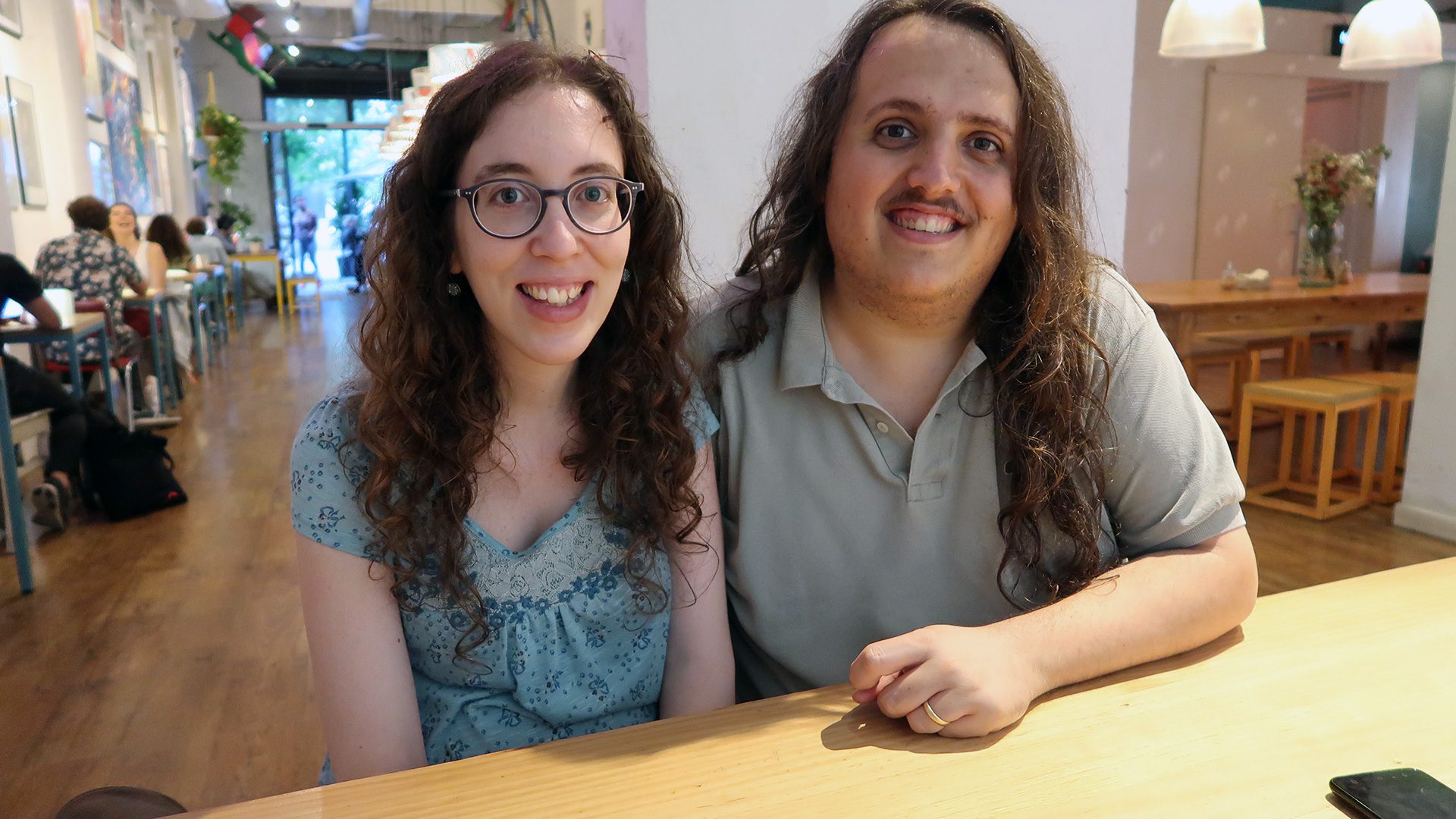
- Indeed, there are many tourists, but not in all parts of the city - explains Michelle, a student and an activist working for one of the international medical organisations. - There are always crowds in Catalan Square and around, but if you go further, there are fewer tourists. Beer is very expensive in the heart of the city, but that does not mean I have to buy it there, does it? I do not meet with friends in the centre of Barcelona, preferably somewhere else, so tourists do not bother me. I still live with my parents, so, for now, I do not have a problem of renting a flat. I know that some people protest against the presence of tourists, but Barcelona is earning money on them - says Michelle. Every year, 20 per cent of all income of the city comes from tourism.
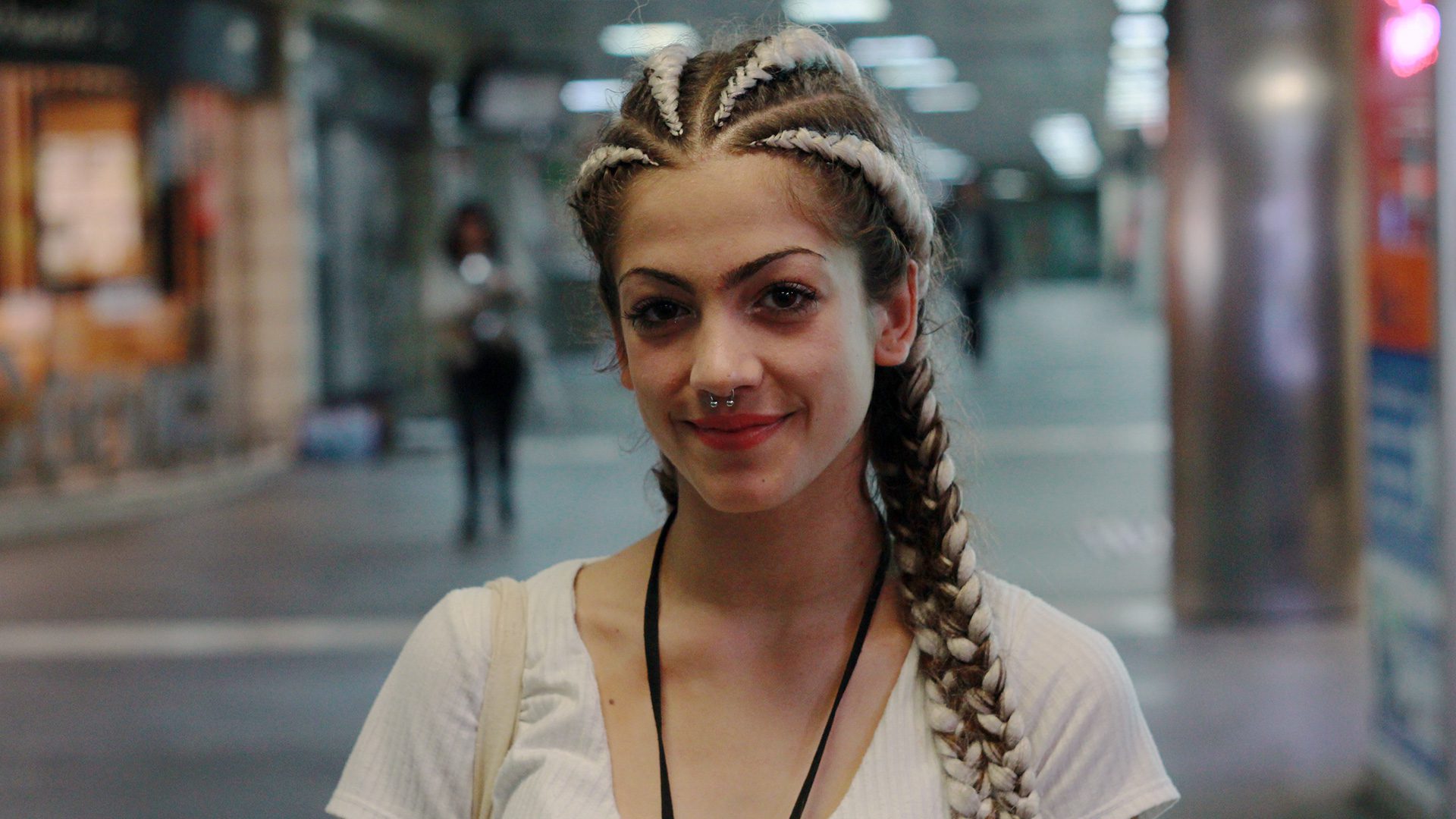

Venice is also a victim of its touristic success. Even the gondoliers and hoteliers are complaining. Owners of hotels and guest houses complain that too many visitors buy accommodation for one night only. Gondoliers, although they belong to one of the best-earning professions in Venice, complain that they are unable to support their families for their salary because the prices in the city are so high. The historical part of Venice quickly depopulates, the inhabitants flee from places crowded by tourists. Huge, ten-story cruise ships that come to the city are another problem. They pollute the area and create dangerous waves for smaller vessels and buildings. Besides, they spoil the view.
The authorities decided to limit the traffic of such ships. The largest ones are to be docked outside of Venice, in the neighbouring port of Marghera, but the regulation is to come into force only in a few years.
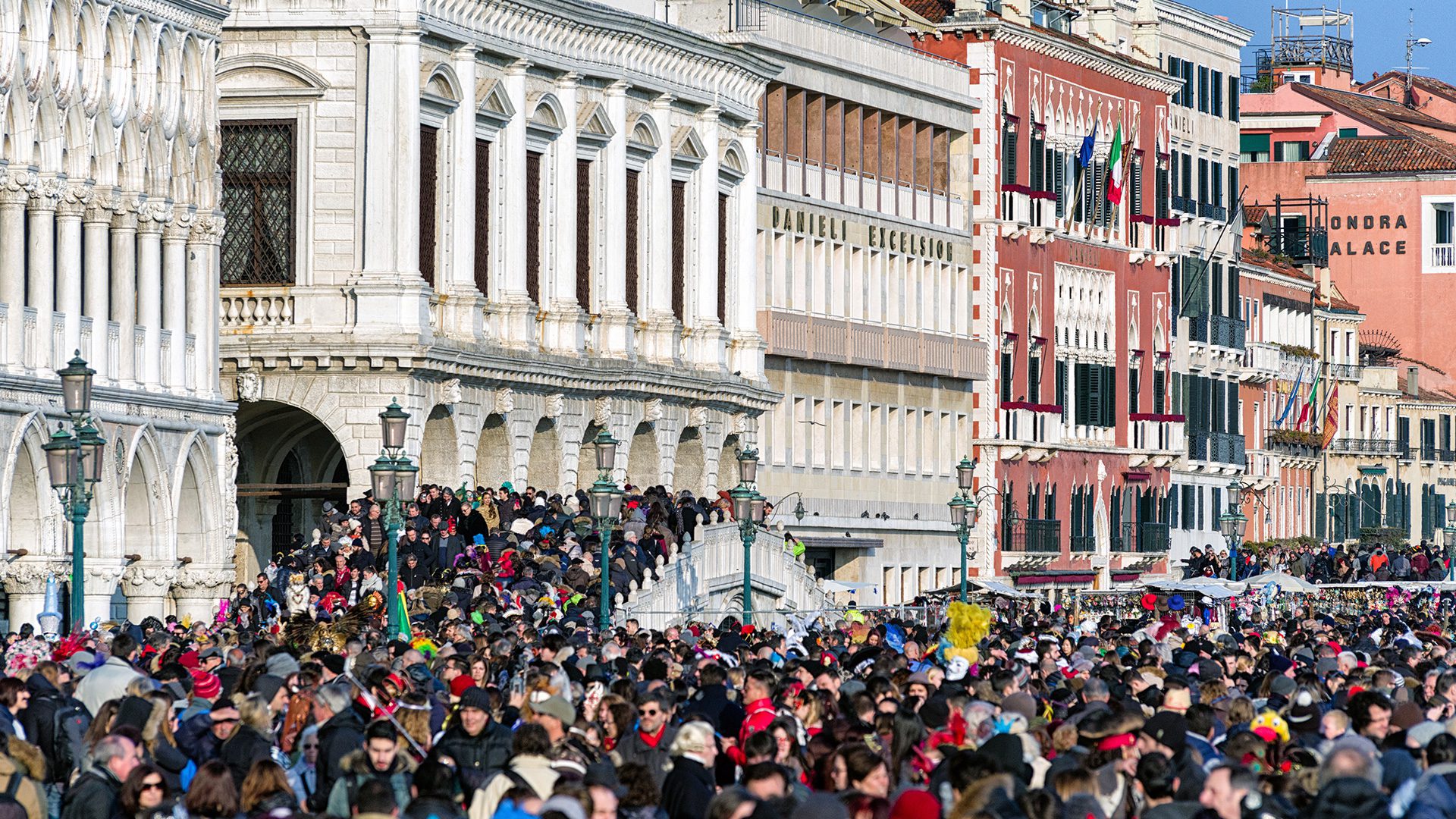
In 2017, the city authorities launched the #EnjoyRespectVenezia campaign, which included information for tourists about the code of behaving in the city. In addition to tips on how to get around Venice on a bike, and the instruction on banning littering, there was information that tourists should not stay in one place for too long. The campaign was also supposed to encourage tourists to visit less known parts of the city.
At the turn of April/May 2018, the authorities decided to take the most radical measures - they separated tourists from the inhabitants. This temporary solution was supposed to make life in Venice easier for residents during one of the long weekends. The corridors were built in the streets of the city using security barriers, and they were to be used separately by tourists and residents. Although the city authorities admitted that it is a temporary solution, they do not rule out using it in the future.
Other European cities also introduce various regulations to limit the negative impact of tourism flows.
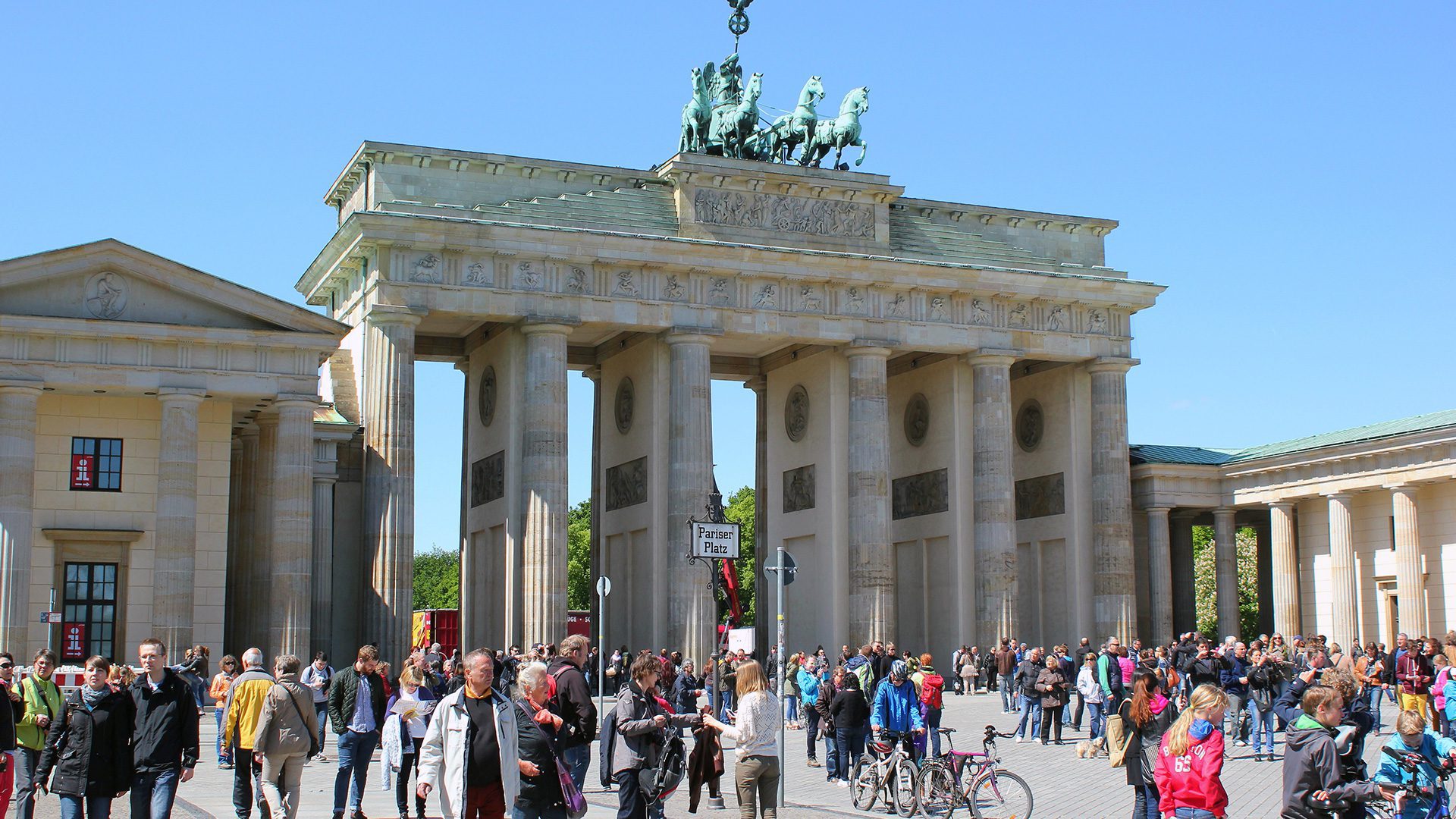

In 2014, a ban on the use of flats contrary to intended use was introduced in Berlin, which meant a ban on renting premises to persons directly from the owners. The rental price limit was also introduced, because its cost, also due to tourists, was extremely high.
In 2016, a short-term rental of apartments for tourists was practically forbidden in Berlin. In order to rent a flat, it was necessary to obtain a permit from the local authorities. A fine of up to 100,000 euro was imposed for the illegal rental. Moreover, according to the regulations, operators of the real estate portals or platforms such as Airbnb were required to provide information about owners suspected of illegal renting. The city authorities also launched a website where illegally rented apartments could be reported. Immediately after the introduction of the new law, the number of rented apartments has fallen by 40 per cent.
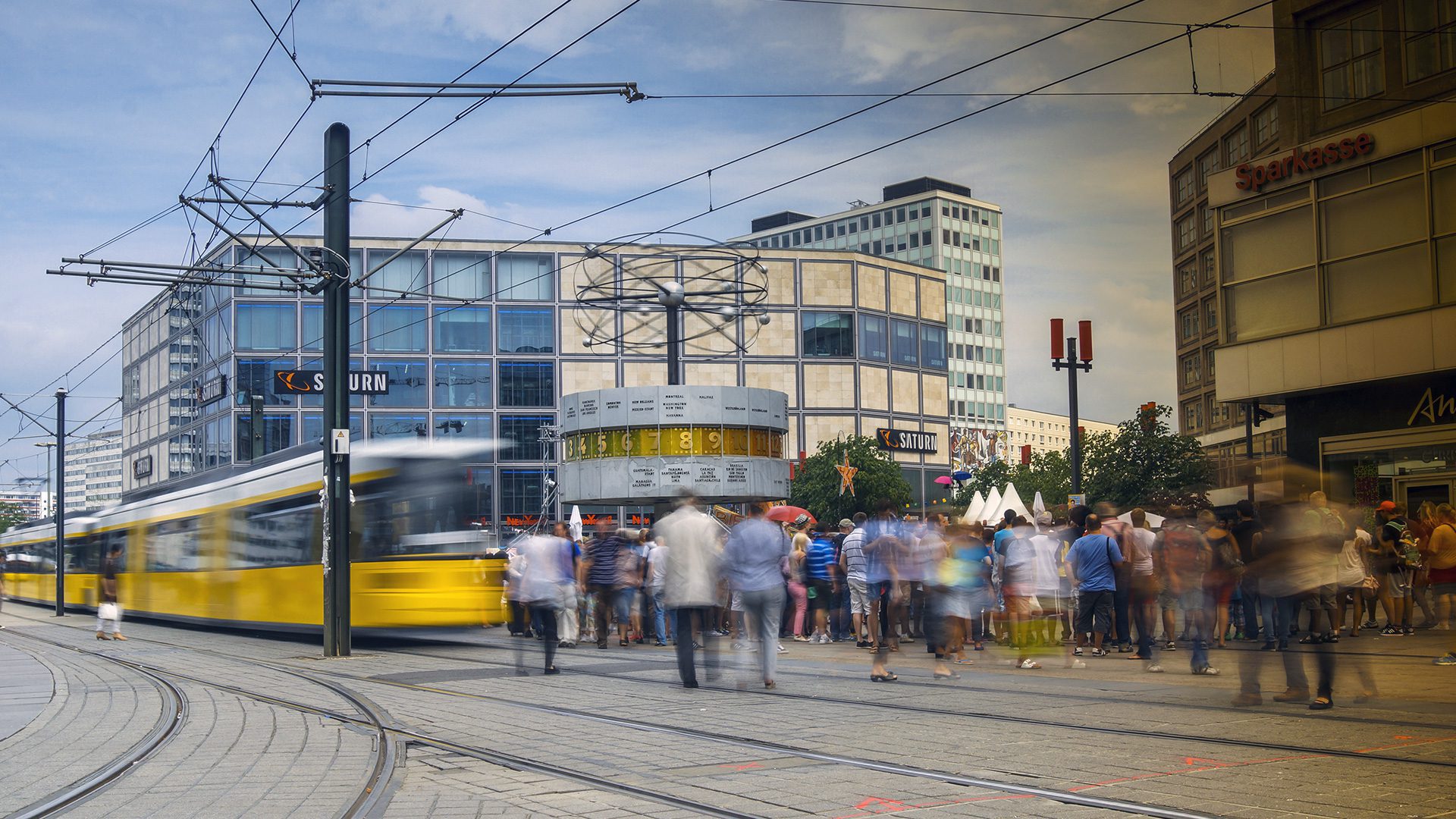
- Regulations limiting short-term rental for tourists do not work - says Paul, who rented a room with his girlfriend in the Kreuzberg district of Berlin in 2016 - It's a friendly neighbourhood. Everyone wants to live there nowadays. The owner of the apartment was a senior woman who had lived there since the 90s. I guess that the rent for such an apartment is about 500-600 euros, and the woman demanded 560 euros for the room she rented. After some hesitation, however, we decided to live there, although we knew that the price was overvalued. We have signed a six-month contract, stating that if everything went well, we would extend it. After some time, it turned out that the woman decided to rent two other rooms in the apartment and to move to Innsbruck, where she also had a flat. It was illegal, because according to the regulations, to rent short-term, she would have to live in this apartment in Kreuzberg. Before the expiry of six months period, the owner accused us of not keeping order in the apartment, which of course was not true. Later, she informed us that we had to move out because she wanted to live in our room. It turned out that it was a lie because the offer for renting our old room went to Airbnb - sums up Paul.
Restrictive regulations did not work. Moreover, the Federal Constitutional Court found them incompatible with the Basic Law for the Federal Republic of Germany, and Berlin authorities introduced a new, more lenient law. Commercial entities are still subjected to strict regulations on short-term rental, but individual landlords can rent their flats for 90 days a year, after prior approval by the authorities of their district. The permission is to be issued without any obstacles.
- My story is just an example. Unfortunately, this is the situation in Berlin. The legislation does not work. The state does not receive money, because people, like the woman I talked about, usually do not pay taxes. Moreover, the worst thing is that people who need a flat are thrown out of it only because the owners can freely raise the rent - Paul adds.
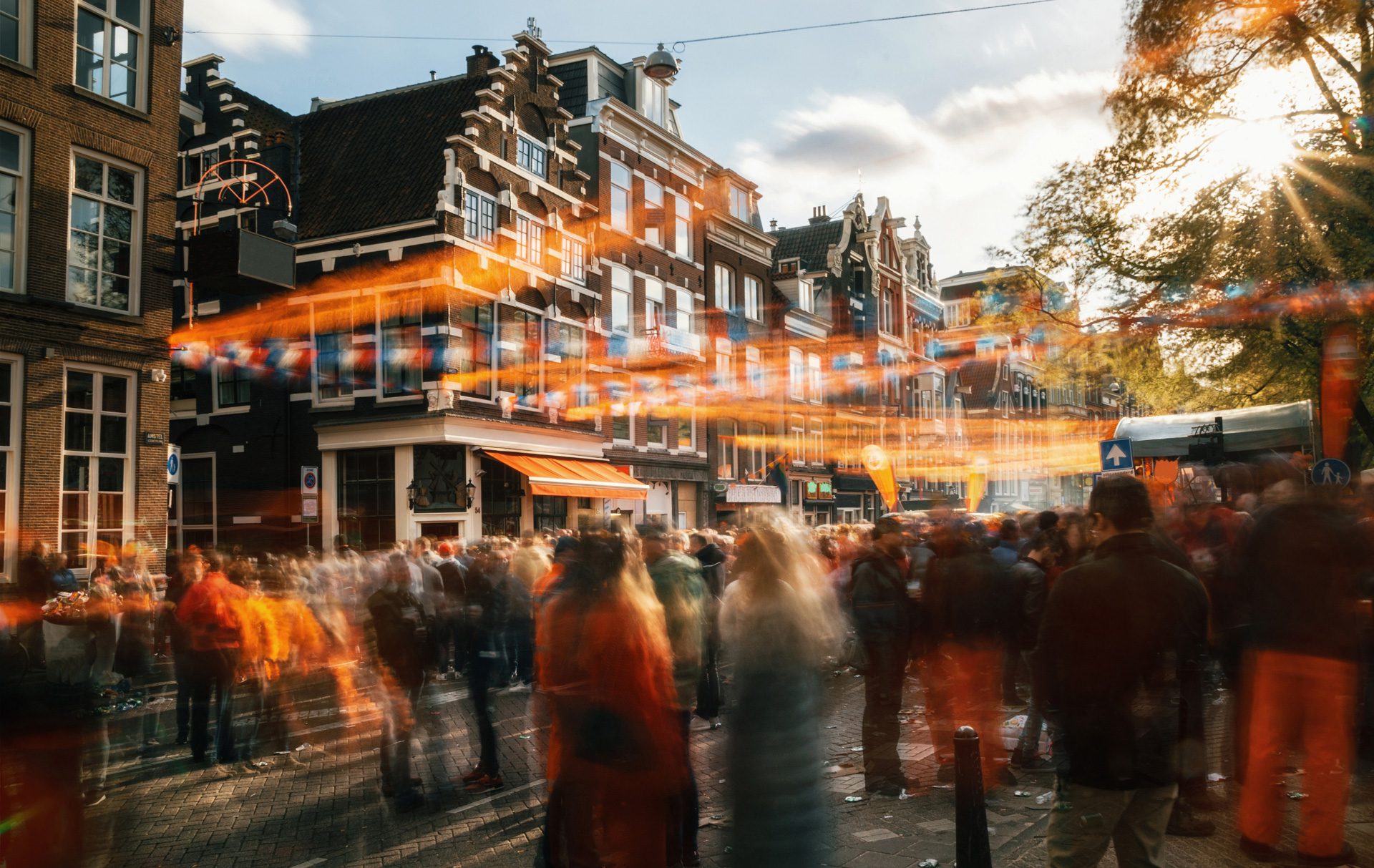

It has been said for several years in Amsterdam, that the city is losing its identity. The residents point out that gift shops replace shops or bakeries where they used to do the everyday shopping. In 2017, the authorities issued a ban on opening new service outlets for tourists. It's all about gift shops, bike rentals and fast food restaurants.
Previously, the authorities stopped issuing permits allowing to open new hotels in the city centre. The regulations on renting apartments for tourists were also tightened up. They can be rented, but only for 60 days a year.
The effects of these changes were noticed immediately. From January to July 2017, the number of offers on the Airbnb platform in Amsterdam dropped from over 15,000 to 13,600. The authorities hope their decisions will not reduce the number of tourists arriving in Amsterdam in the long term. Preserving the authenticity of Amsterdam is about to attract visitors, despite, for example, a smaller accommodation.
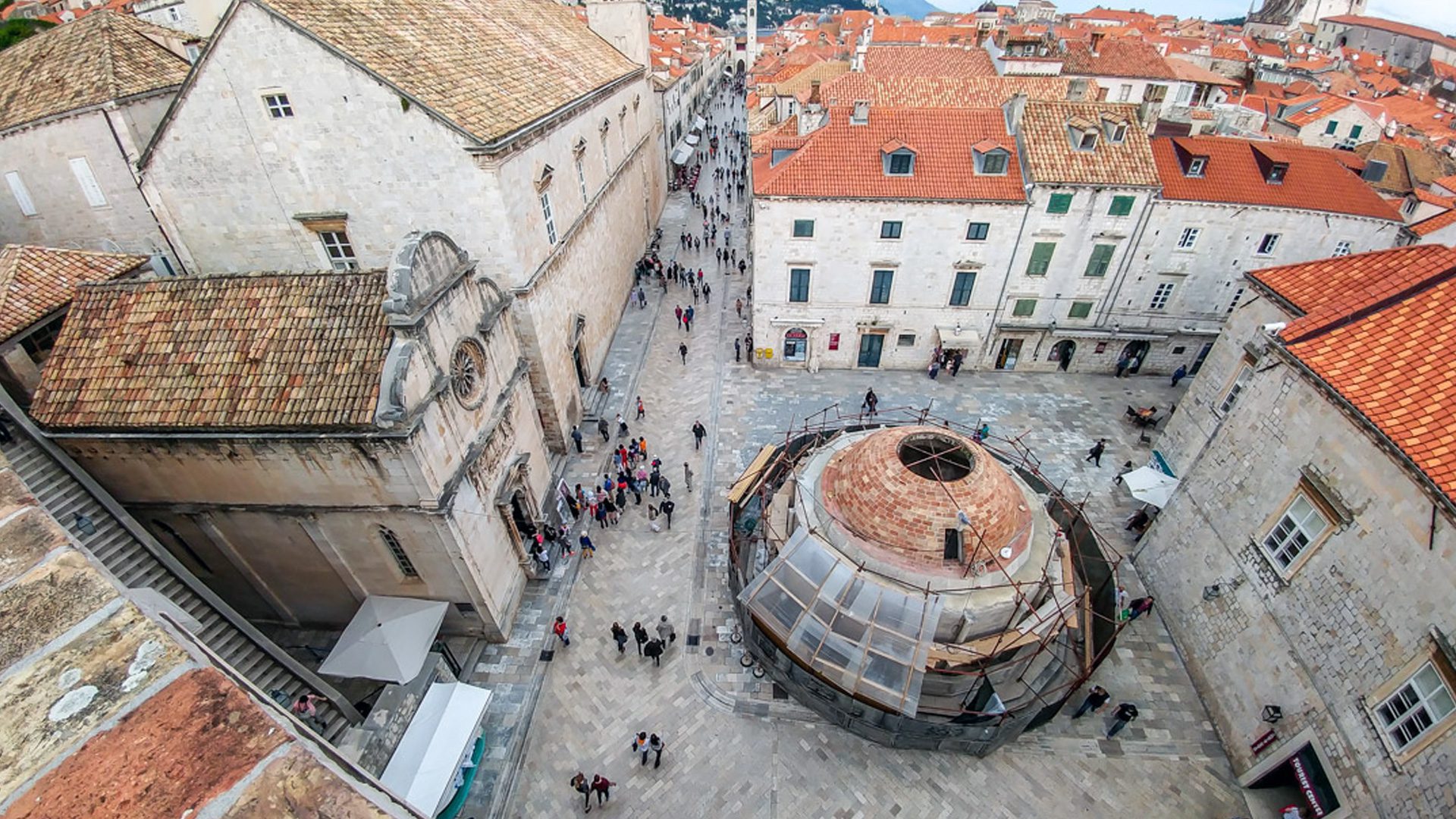
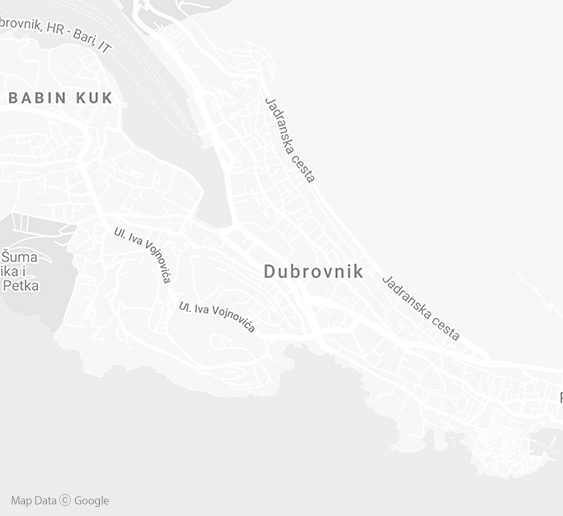
In Dubrovnik, following the recommendations of UNESCO, there are limits on tourists who can enter the Old Town every day. At present, it is 8,000 people a day. The authorities count the number of tourists using cameras installed around the Old Town. Everyone can check how many people have appeared in the supervised zone on a given day on a special website. After reaching the set limit of tourists, organised trips are not allowed to enter Dubrovnik Old Town. The authorities believe, however, that the limit is too high and plan to reduce it by half.
The massive problem of Dubrovnik, the same as in Venice, are huge cruise ships that dock every day in the harbour, blocking the view and emitting fumes. The authorities plan to limit traffic and set new schedules so that the ships arrive in the city steadily throughout the day, and not at the same time, as it is often the case now.
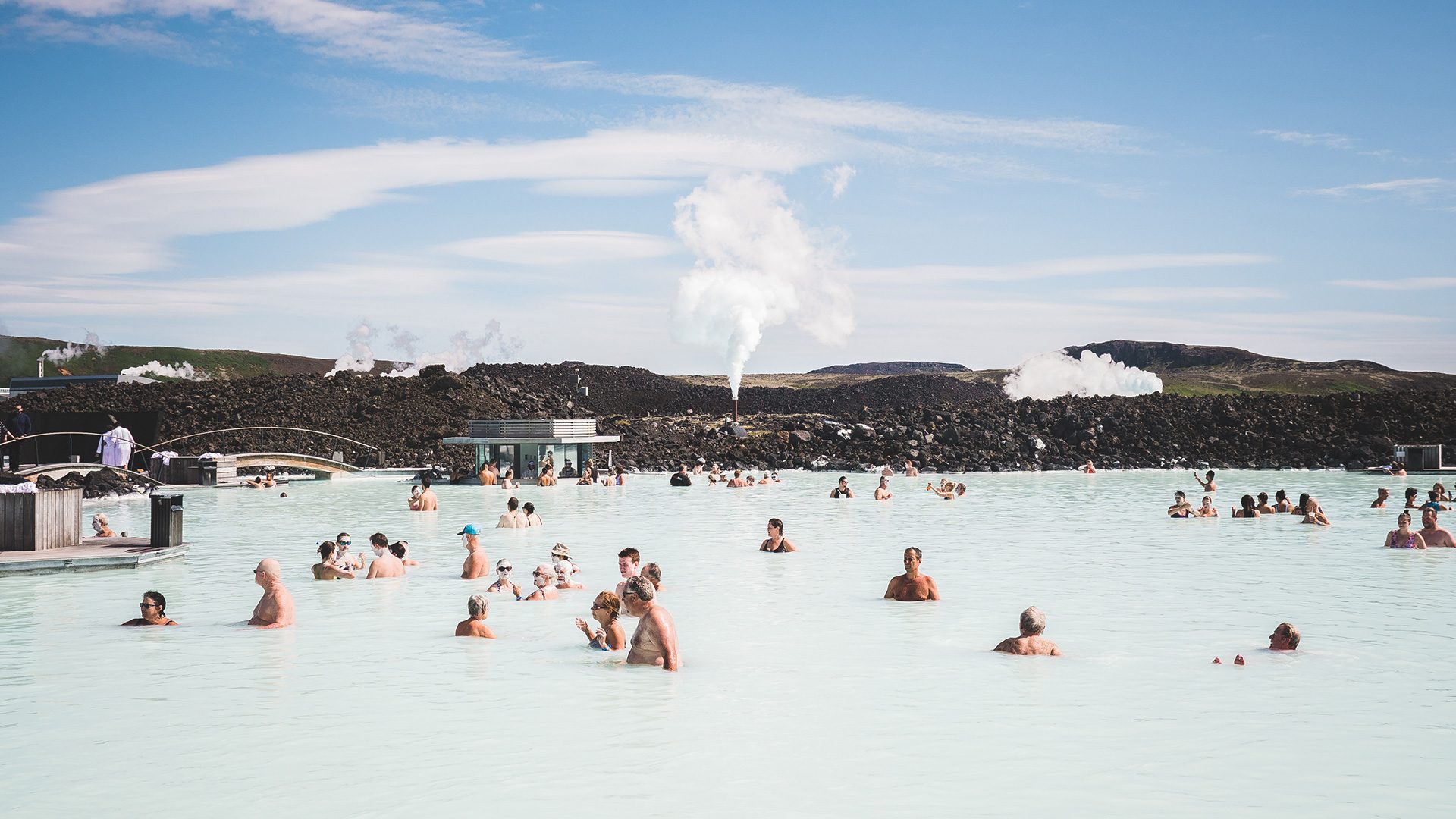
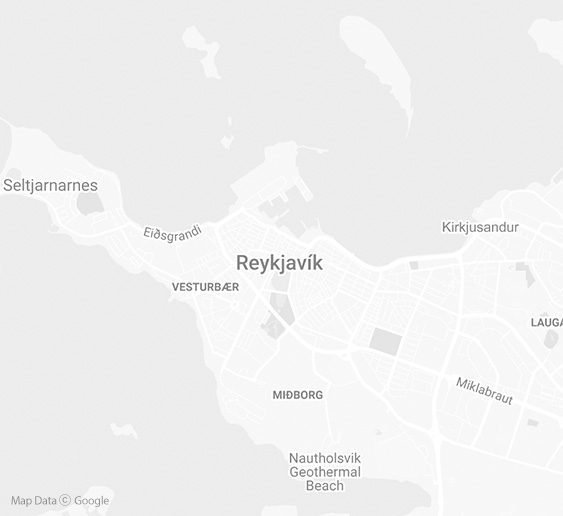
Touristic boom has saved Iceland. Tourists began to visit this country en masse just at the time when the three largest banks in Iceland collapsed, and the global crisis shook the world. The inflow of tourists led to a construction boom, and to creating new workplaces.
330,000 people live in Iceland. 1.7 million tourists visited that country in 2016, and 2.3 million a year later. Because of them, finding a flat to rent in Reykjavik is nothing short of a miracle.
That is why the country’s authorities do not want Iceland to become a popular tourist destination. A plan for the tax increase on tourist services announced in 2017 is to slightly discourage tourists, as predicted by the Icelandic authorities. Due to the tax increase, the cost of staying in Iceland will increase by approximately 4 per cent.
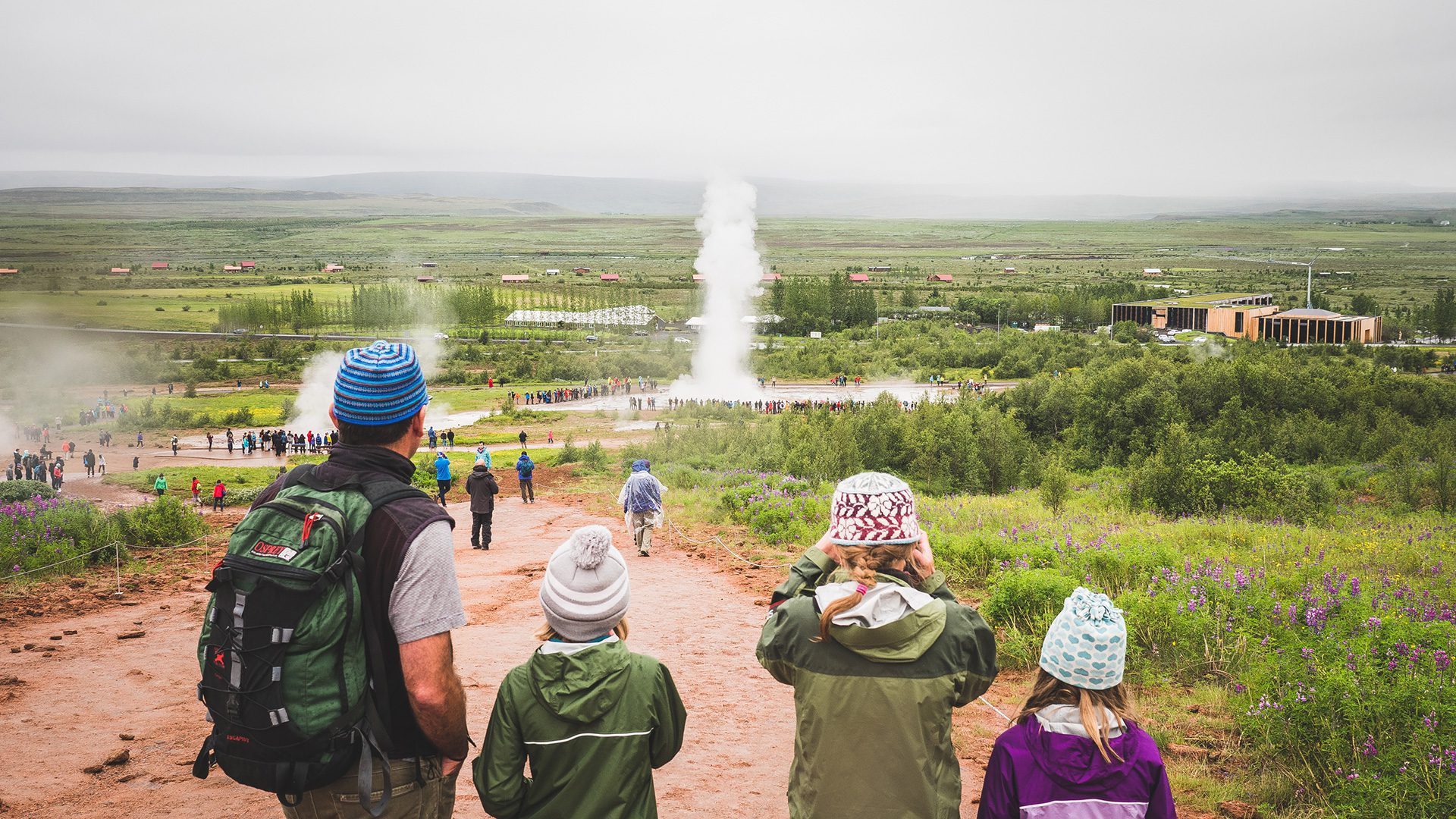
The Icelanders complain that the cost of living in Iceland has already increased. - The prices of flats, rental and the cost of living have increased - says 20-year-old Anne. - Moreover, there are not enough apartments. It is difficult to rent or buy something in some localities. Also, it is always crowded in favourite touristic places - she adds.
- The development of tourism has changed our economy a lot - admits Borsteinn Borkelsson, a risk analyst in the bank. - The tourism services sector is now larger than, for example, fishing, so it is a vital industry for anyone living in Iceland. We were most worried that the roads, the health service or the police were not prepared to receive an increasing number of tourists. However, it's changing fast. In my opinion, the interest of tourists in our country is an opportunity for us, because it makes Iceland better for the Icelanders. Obviously, not everyone agrees, but from my experience, it is the case: there is a larger offer of services, there are more shops and restaurants which we can use!
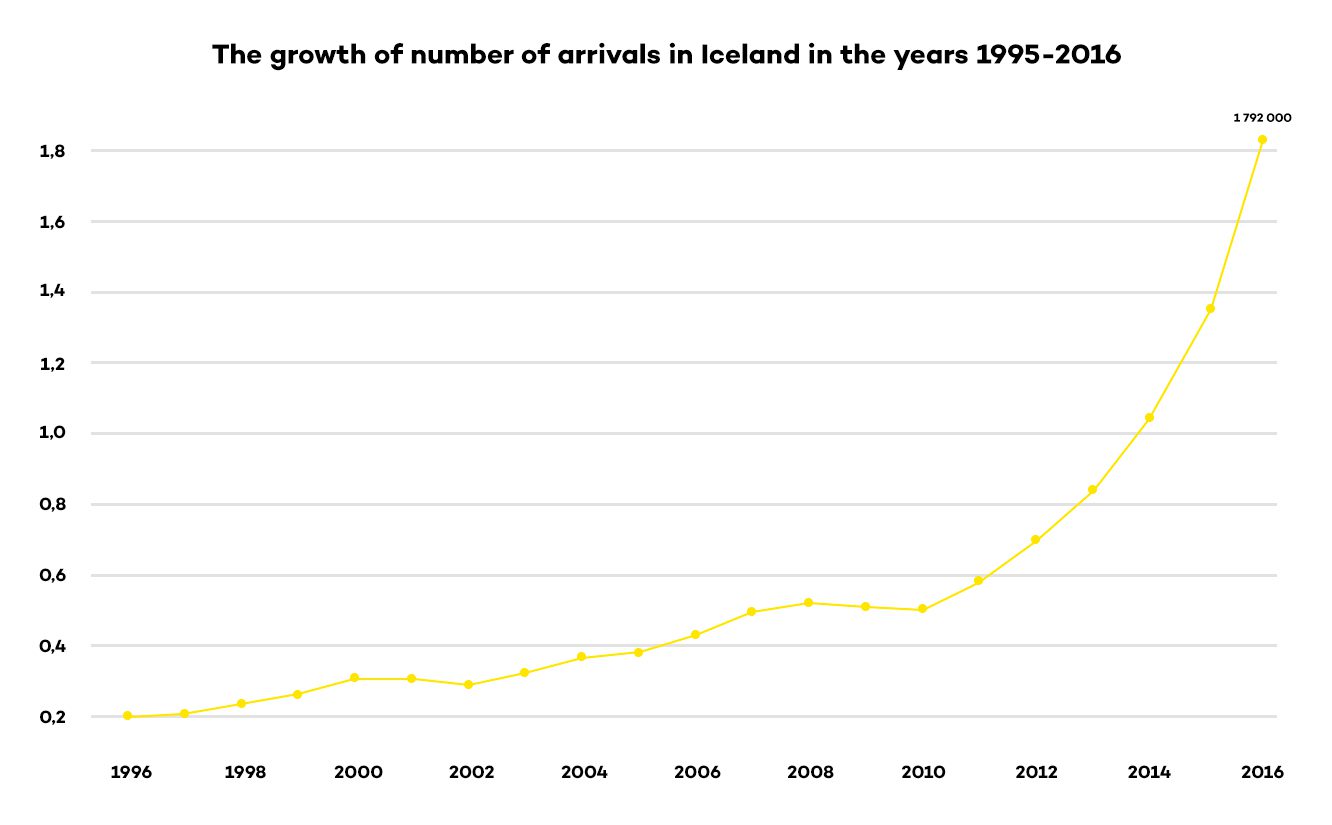
Borkelsson also examines the reasons for the increase in property prices: the house rent has risen, but this price increase we talk about is not only connected to tourism. In some places, for example in the centre of Reykjavík, the reason for the price increase are new apartments used for rental on Airbnb. However, the main reason for high prices is the lack of housing, which is the result of the 2008 financial crisis. Our government needed more time than expected to start taking care about the housing issue.
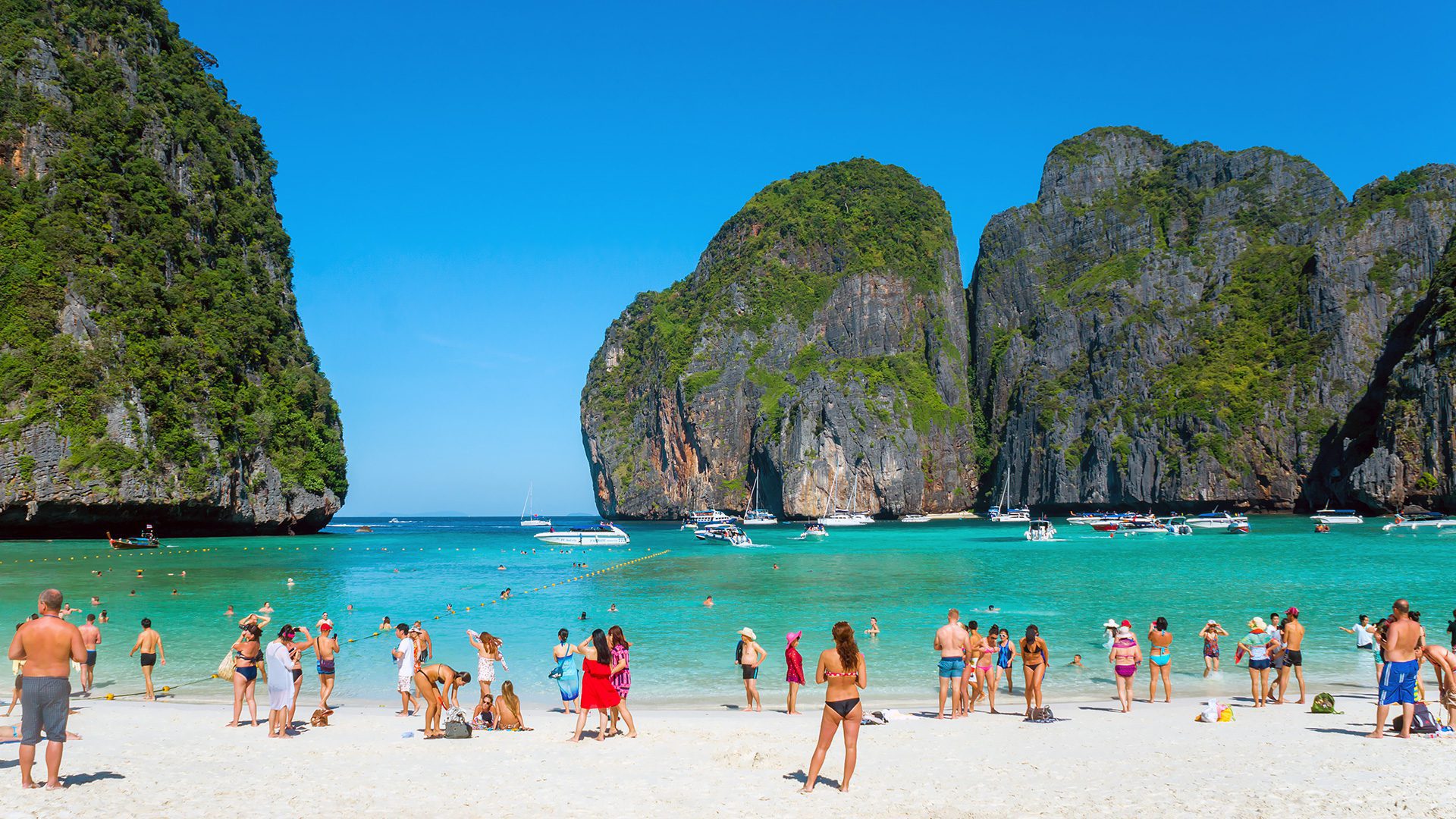
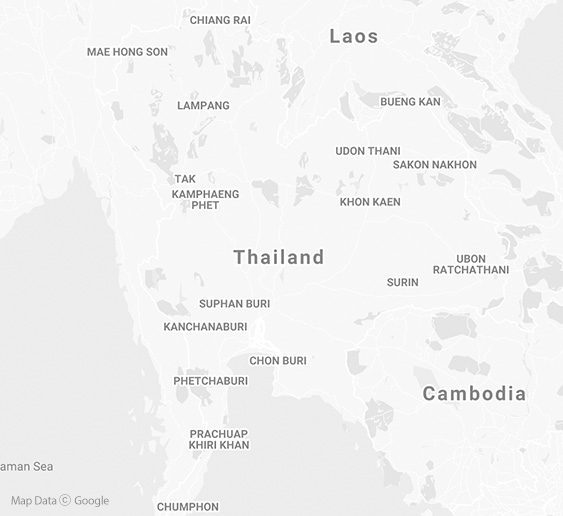
Due to the negative impact of tourists on natural environment, the Thai authorities decided to close the famous Maya Bay beach. The place gained its popularity thanks to the movie “The Beach” starring Leonardo DiCaprio. The Maya Beach has been visited, trampled and polluted by tourists for many years. The local coral reef has also been destroyed due to the hotels' sewage, plastics, which are thrown into the sea and sunscreen that tourists bring into the sea when they want to swim. As a result, the authorities decided to close the beach during the summer holidays. More than 80 per cent of the coral reef has been destroyed for years. However, the researchers have doubts whether the three-month protection period for the Maya Bay area will help to rebuild the fauna and flora destroyed over the years.
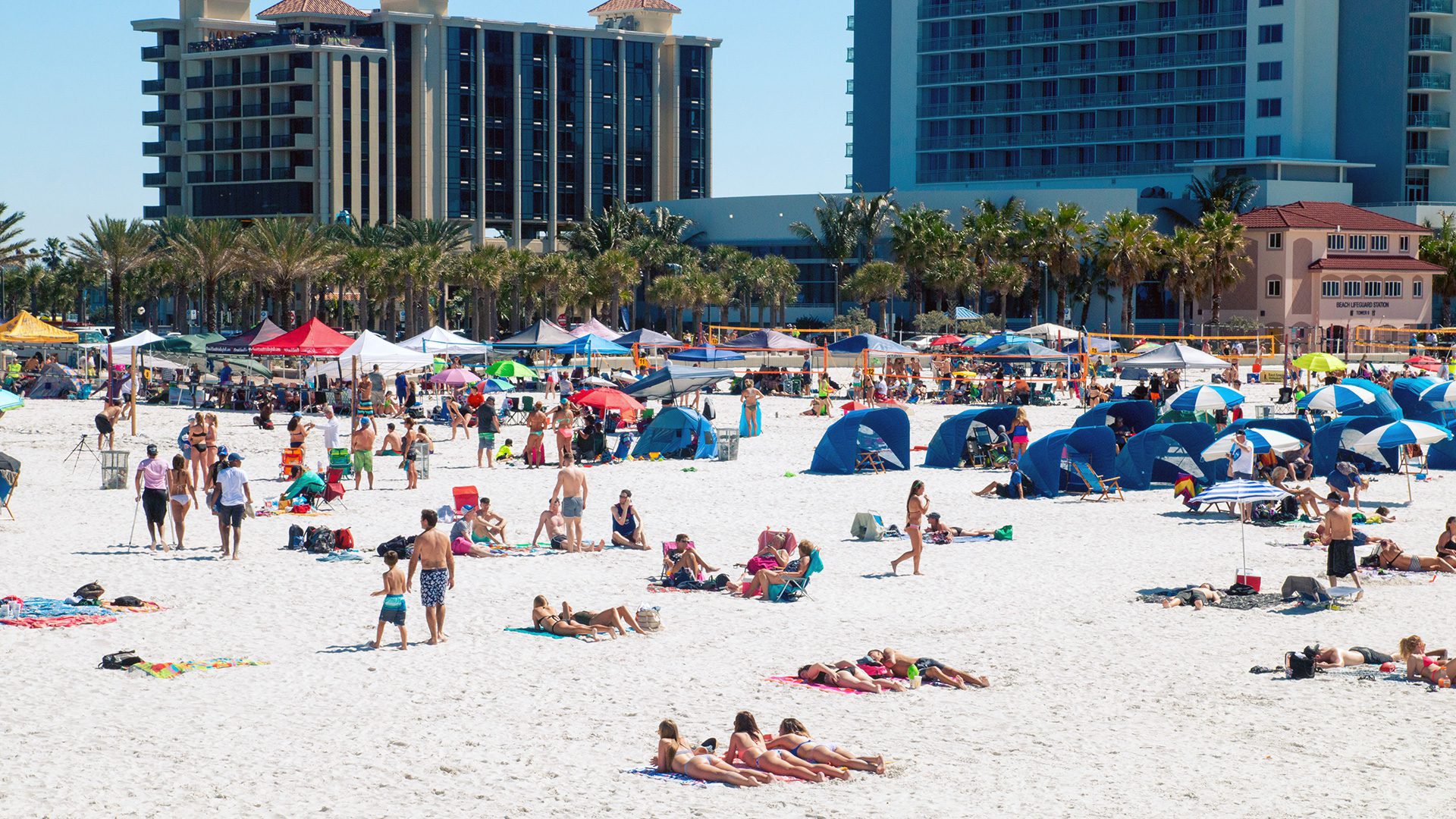

The US holiday resorts have taken an attempt to reduce the impact of tourists on the natural environment under the Florida Green Lodging program. The resorts implemented pro-ecological activities that are to serve sustainable tourism on their initiative.
Tradewinds Island Resorts in St. Pete Beach and Disney's Vero Beach Resort in Vero Beach are recognised as leaders in the field of sustainable tourism. Thanks to the implemented solutions, they managed to reduce water and energy consumption. The coast, threatened by erosion, was planted with plants that serve to protect against that process. Moreover, the Disney's Vero Beach Resort additionally forbade to use plastic straws and lids for the cups, because, after being used, they often end in the ocean.

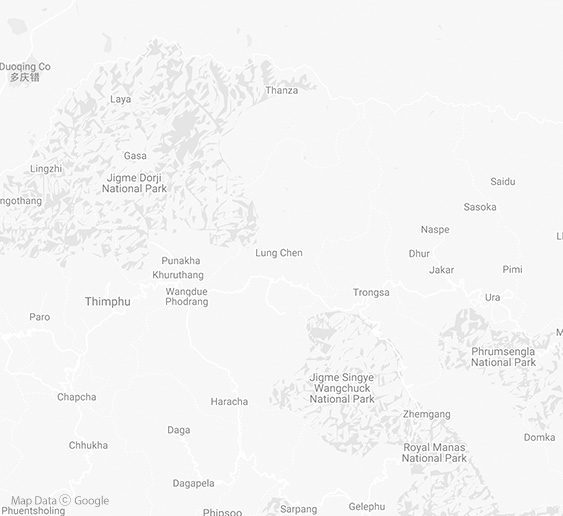
Bhutan has for years been one of the countries most difficult to reach for tourists in the world. It opened its borders only 40 years ago. To this day, the tourism flows in this country is strictly controlled. Tourists can enter Bhutan only after getting a visa. The country issues visas to tourists who bought an organised trip through a tour operator licensed by Bhutan. The premise of a visa is obtained together with buying a tourist package, which is obligatory and costs about 200 dollars for a day's stay and a licensed guide. High costs and formal requirements are to limit the number of visitors and influence the sustainable development of tourism.
Bhutan also implements a policy of a balanced economic growth combined with the environmental protection. Today 75 per cent of Bhutan’s area is covered by a dense forest, and according to the Bhutanese law, the forested area cannot fall below 60 per cent of the country's territory.
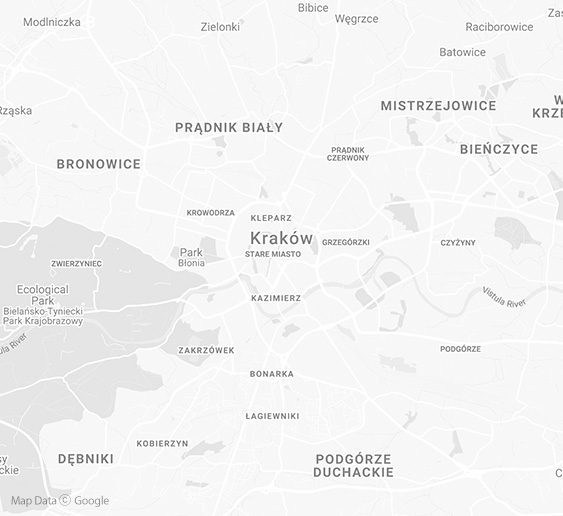
Kraków is the most popular tourist city in Poland, which - according to the estimates of the city authorities - was visited by 9.1 million tourists in 2017.
As a consequence of the growing tourism flows, Kraków is beginning to face problems similar to those faced by the most popular European cities: there are crowds and noise in the most popular tourist locations, the authenticity disappears, shops and restaurants around tourist attractions are expensive, and the city centre is depopulating.
- It’s getting harder to visit places where we have fun, where we meet - says Justyna, who has just graduated and worked at restaurants during her studies. - Restaurants, bars, clubs are occupied by tourists, who are mostly drunk, who roam wherever they can, or rather, where touristic electric carts take them - she says ironically.
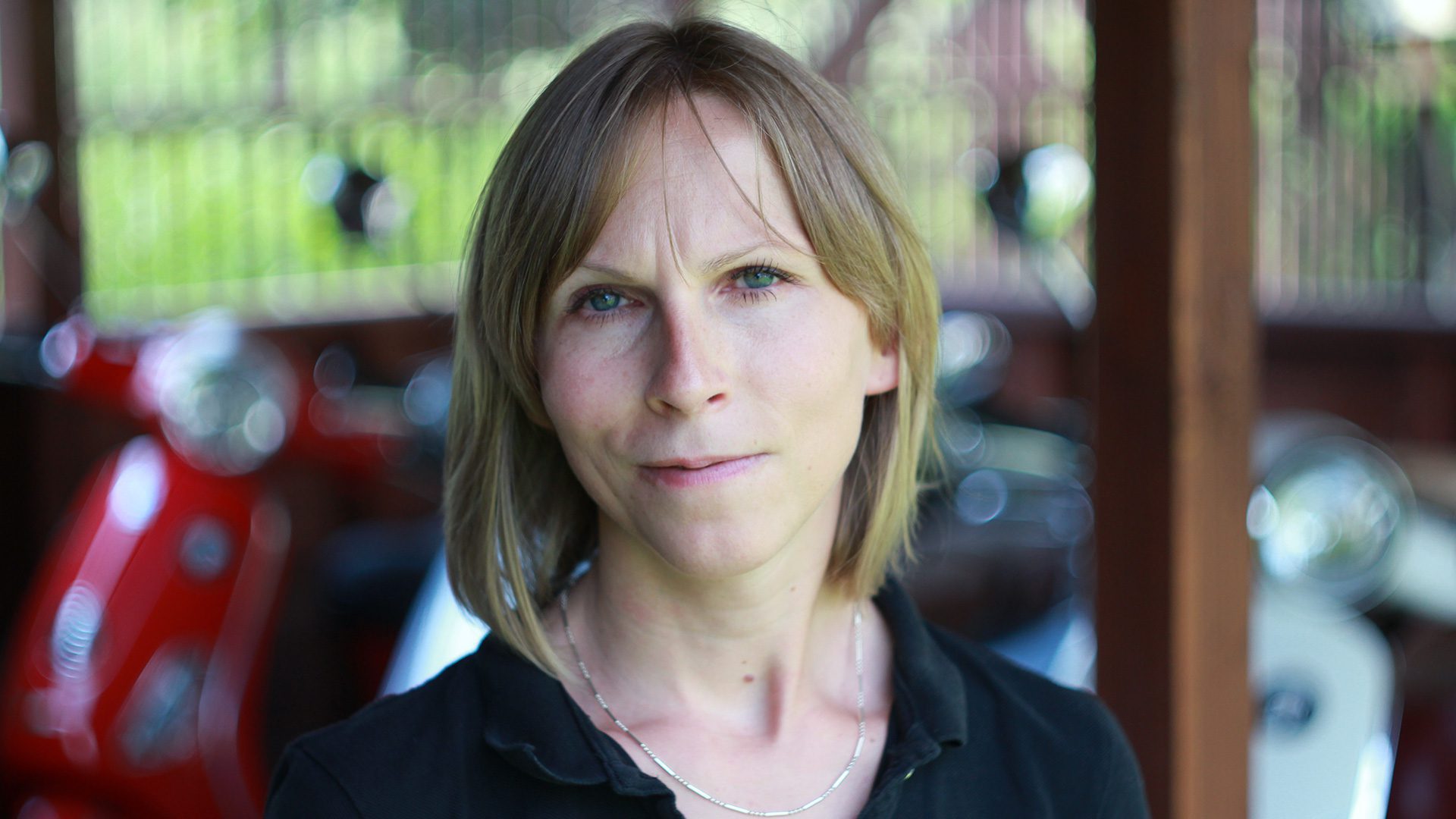
- We would sell tourists everything for every price - says Justyna Zaziąbł, an owner of the scooter rental, when I notice, that everything you can buy on Kraków’s market - the gadgets and the souvenirs - is no different and it is all imported. - When I talk to my clients, they often tell me that they are tired of Kraków. The tourists say so! They complain that it is impossible to walk through the Old Town peacefully, without being tempted by women proposing visits to a nightclub or so. Sometimes tourists are disappointed that they have failed to find the authenticity, the identity of the city, some wild spirit of the East. They say Kraków is the same as many other cities. So they come to me, rent scooters and go out of the city, for example to the Ojców National Park, Wieliczka and Oświęcim.

- Tourists do not bother me, and they do not help me with anything. Well, except that they often block pavements and streets - says Eryk, who has been studying and working in Kraków for several years. - I don’t like to walk behind groups of tourists, because they keep stopping, and I have to pass them. I work in the city centre, so I meet them every day. Nevertheless, Kraków is not only about moving between the main square and the Wawel Castle. You can take a tram near the main square, and after 5 minutes ride, there are fewer tourists around. Although, if we meet friends somewhere in the city centre, we have to get ready that we will pay a lot more. Most often we meet far from the main square.
- Tourists are my insurance for the future - says Monika. - In 10-15 years I will fall out of the labour market. I do not want to count only on my pension. I plan to reorganise my house and rent the rooms to tourists. I want to be in touch with young people all the time and I like meeting new people, so I see more opportunities in the development of tourism in the city. Although I'm also aware of the risk. However, I feel proud that people come to my city. And I do not have to meet my friends in the city centre. I get on the bus, and after a few minutes, I am on the outskirts of the city.
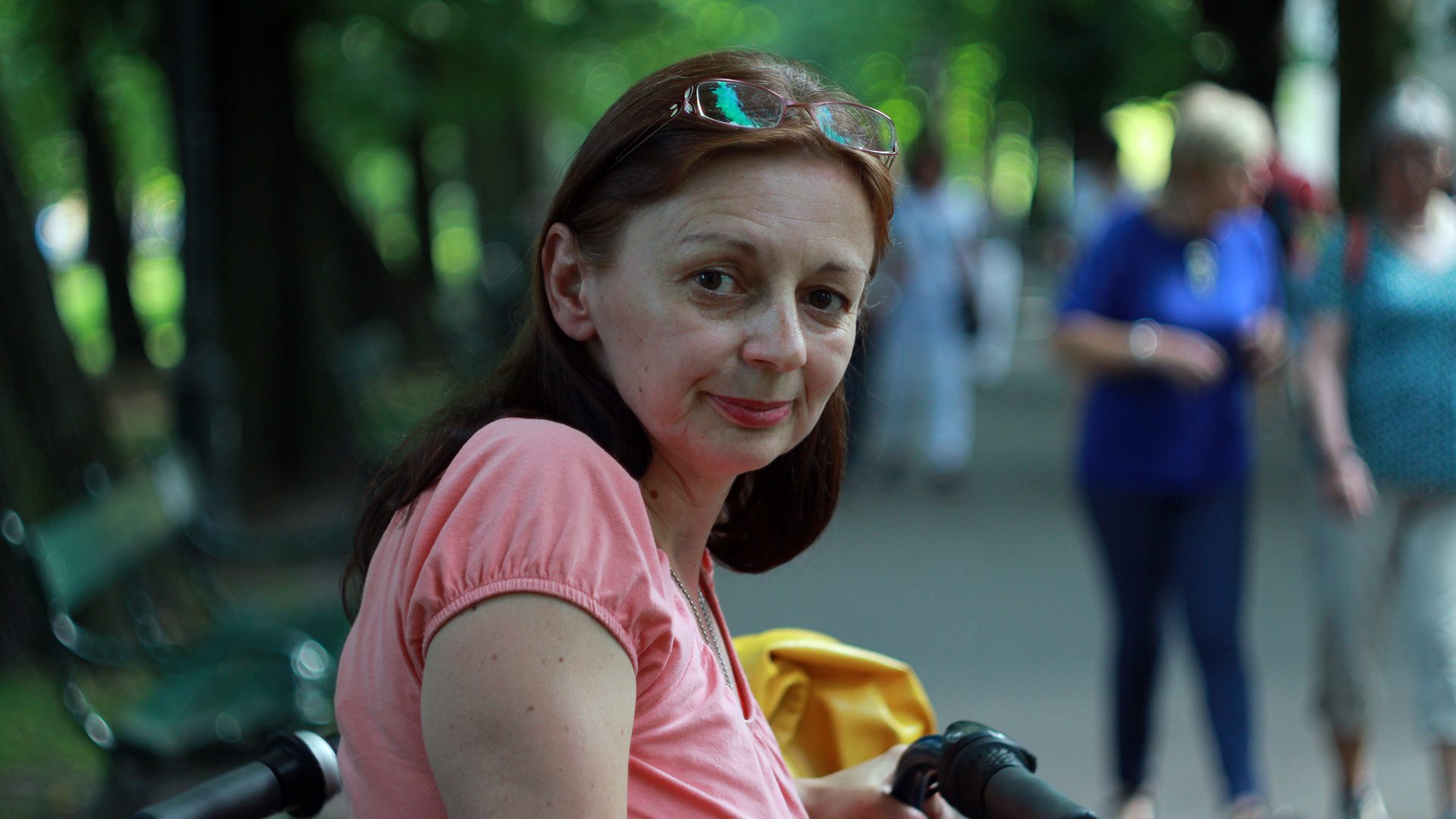
Among the residents of Kraków, however, there is a growing agreement that tourism does not only mean financial benefits. - In 2016, the visitors spent almost 5.5 billion zlotys, and about 29,000 employees are working in the tourism industry. It means 10 per cent of all employed people. For the time being, the city does not intend to follow the example of Barcelona, which introduced, among others, the ban on opening new hotels in selected parts of the city.
- We are targeting a premium tourist today, that is, people coming here for congresses and meetings. We intend to promote the city in campaigns aimed at specific groups which we want to encourage to visit Kraków - explains Bartłomiej Walas from the Kraków City Hall. - A premium tourist is a wealthier tourist who can spend more money, which would allow the city to earn more without increasing the number of people coming to Kraków.
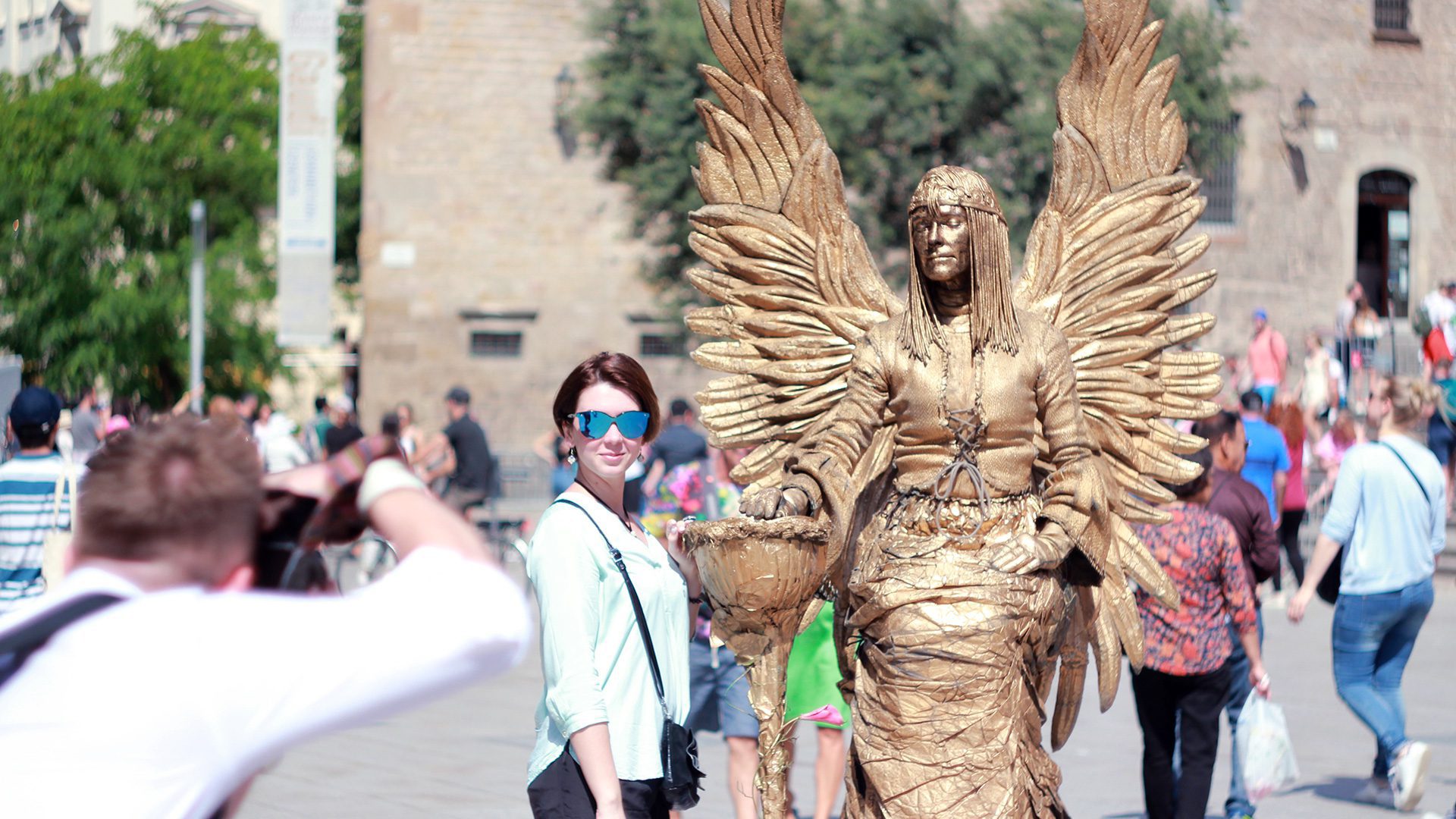
We're going back to Barcelona. At the end of our conversation, in a cosy restaurant at the back of the University of Barcelona, Aleix notices. - The reluctance towards tourists is not such a simple matter. We must remember that in the summer season we, the residents of Barcelona, go to different European cities or Majorca, so we also become tourists.
Author: Rafał Hetman
Graphic design: Arkadiusz Sołdon
Development: Piotr Kliks
